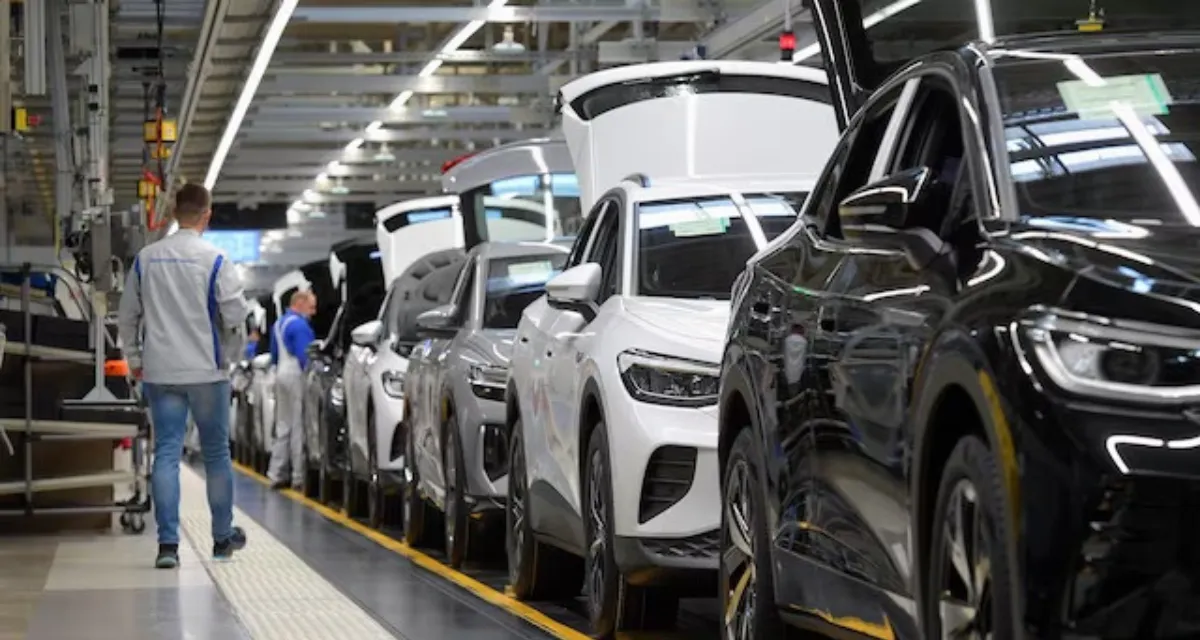

New car sales in the European Union surged by 4.3% in June, reaching their highest level since July 2019. This growth was driven by strong performance in major markets such as Italy, Germany, and Spain, despite a slight decline in battery electric vehicle registrations. The data, released by the European Automobile Manufacturers Association (Acea), highlights the shifting dynamics in the EU car market.
The European Automobile Manufacturers Association (Acea) reported that the EU saw a notable increase in new car registrations in June. This uptick was led by significant gains in key markets:
Italy
Germany
Spain
While there was a rise in overall car sales, registrations of battery electric vehicles (BEVs) saw a marginal decline. Despite strong growth in BEV registrations in Belgium (50.4%) and Italy (117.4%), these gains were offset by double-digit declines in:
Germany
The Netherlands
France
This data is crucial as it reflects the current state of the European car market and the challenges faced by electric vehicle (EV) manufacturers. Major European carmakers are optimistic about car sales growth throughout the year, despite the cooling demand for EVs after several years of rapid expansion.
Battery Electric Cars: Registrations fell by 1% year-on-year.
Plug-in Hybrid Cars: Registrations decreased by 19.9%.
Hybrid-Electric Cars: Registrations grew by 26.4%.
EVs in the EU: Accounted for 50% of all new passenger car registrations in June, up from 47.5% a year earlier.
Volkswagen: Car registrations grew by 4.7%.
Stellantis: Car registrations increased by 0.4%.
Renault: Car registrations rose by 6.2%.
Germany, the EU's largest EV market, ended subsidies for EV purchases earlier than planned as part of a 2024 budget deal. This policy shift has impacted EV sales and market dynamics, highlighting the challenges faced by the sector.
The rise in new car sales in the EU in June is a positive sign for the automotive industry. However, the decline in EV registrations and the end of subsidies in key markets like Germany pose challenges. The industry will need to navigate these changes carefully to sustain growth and meet the evolving demands of consumers.
Also Read: